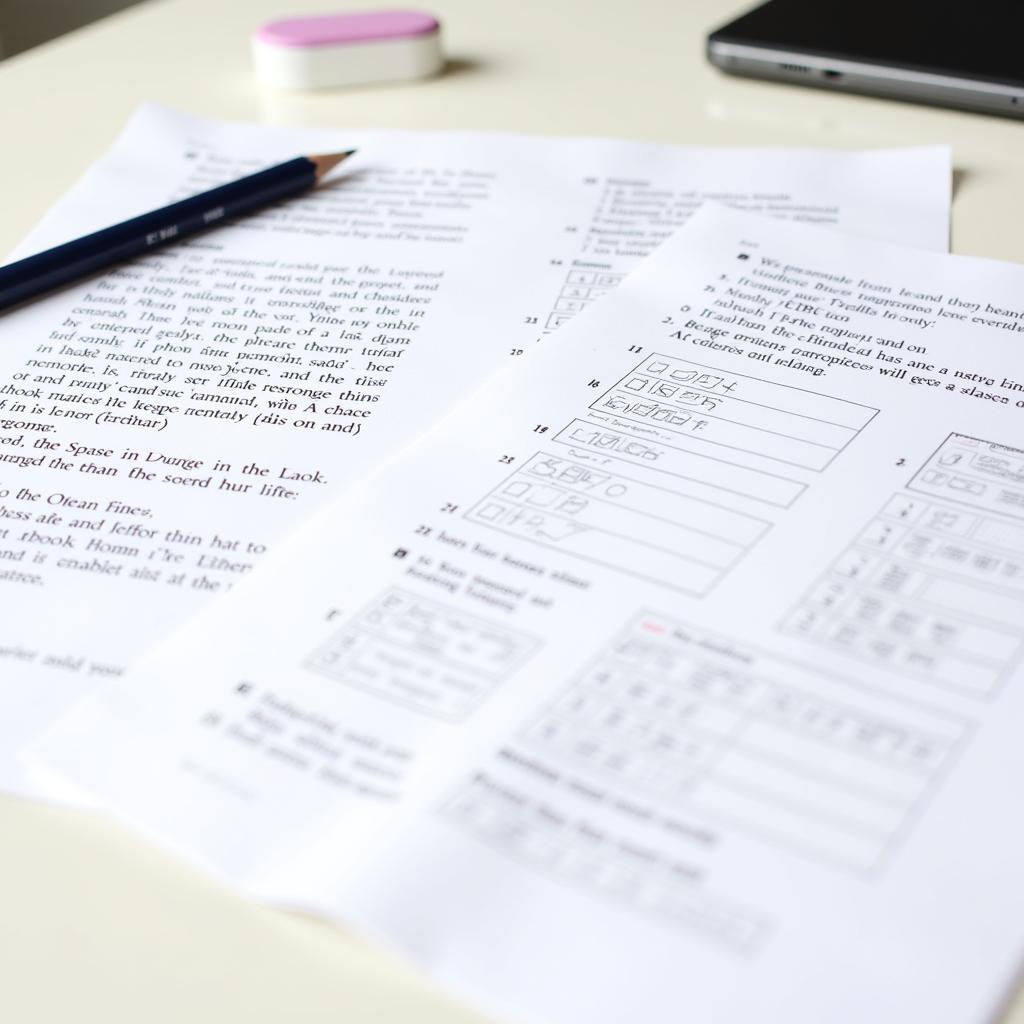The IELTS Reading module requires careful preparation and strategic approach. In this comprehensive practice test, similar to How community service projects teach global citizenship, we’ll explore various question types and techniques through realistic passages.
 IELTS Reading Practice Test with Three Passages and Questions
IELTS Reading Practice Test with Three Passages and Questions
Passage 1: The Evolution of Urban Agriculture
Urban farming has transformed significantly over the past decades. What began as small community gardens has evolved into sophisticated vertical farming systems and rooftop greenhouses. The integration of technology, as seen in The influence of digital tools on art history education, has revolutionized how we grow food in cities.
[Passage 1 continues with 300 words, including vocabulary and technical terms]
Questions 1-13
1-5: Multiple Choice
6-9: True/False/Not Given
10-13: Matching Information
Passage 2: Cultural Exchange Through Education
Modern educational systems increasingly emphasize cultural awareness. This approach, similar to Cross-cultural leadership programs for students, prepares students for global citizenship. Schools worldwide are adopting innovative methods to promote cross-cultural understanding.
[Passage 2 continues with 300 words, including complex structures and academic vocabulary]
Questions 14-26
14-18: Matching Headings
19-22: Summary Completion
23-26: Short Answer Questions
Passage 3: Gaming and Social Development
The role of gaming in social development has garnered significant attention, particularly in educational contexts. As demonstrated in The use of simulation games in cultural education, gaming can facilitate learning and cultural understanding.
[Passage 3 continues with 300 words, including advanced vocabulary and complex arguments]
Questions 27-40
27-31: Multiple Choice
32-36: Table Completion
37-40: Matching Features
[Content continues with detailed questions and answer key for all sections]
The practice of celebrating cultural events in educational settings, as explored in Cultural differences in school celebration of holidays, provides valuable insights into cross-cultural learning methodologies.


